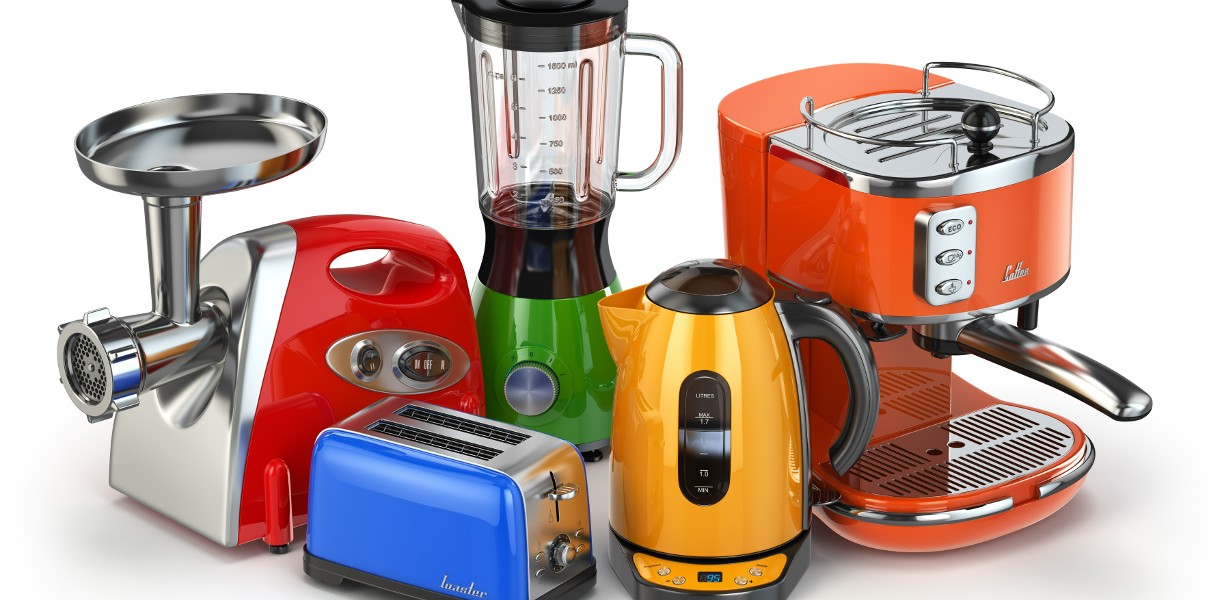
Welcome to our comprehensive guide on kitchen appliances. As experts in the field, we understand the importance of having efficient and high-quality appliances in your kitchen. In this article, we will explore everything you need to know about kitchen appliances, from their significance to different types and helpful tips for choosing the right ones. Whether you’re a novice or a seasoned cook, our guide will provide valuable insights to help you make informed decisions and create a functional and stylish kitchen.
The Significance of Kitchen Appliances
Kitchen appliances are the backbone of any modern kitchen, simplifying tasks and transforming the way we cook and prepare meals. With the right appliances, you can save time, effort, and energy while achieving excellent culinary results. From cooking to refrigeration and food preparation, these appliances enhance your kitchen experience and make everyday tasks more enjoyable.
Types of Kitchen Appliances
1. Cooking Appliances
Cooking appliances form the heart of your kitchen, allowing you to create delicious meals with ease. These appliances include ranges, cooktops, ovens, and microwaves. Whether you prefer gas or electric, freestanding or built-in, there are various options available to suit your cooking style and preferences.
2. Refrigeration Appliances
Refrigeration appliances play a vital role in preserving the freshness and quality of your food. Refrigerators, freezers, and wine coolers are essential for storing perishable items, beverages, and frozen goods. Consider factors such as capacity, energy efficiency, and additional features like ice makers or water dispensers when choosing a refrigeration appliance.
3. Dishwashers
Dishwashers are a time-saving addition to any kitchen, providing convenience and efficiency in cleaning your dishes and utensils. Look for features like multiple wash cycles, adjustable racks, and energy-saving options to find a dishwasher that suits your needs. With the right dishwasher, you can say goodbye to the hassle of handwashing and enjoy more time with your loved ones.
4. Small Kitchen Appliances
Small kitchen appliances add versatility to your cooking routine, allowing you to prepare a wide range of dishes with ease. These appliances include blenders, food processors, coffee makers, toasters, and more. Invest in high-quality small appliances that offer durability and functionality, making your kitchen tasks more efficient and enjoyable.
Helpful Tips for Choosing Kitchen Appliances
1. Assess Your Needs
Before purchasing kitchen appliances, assess your specific needs and lifestyle. Consider the size of your family, cooking habits, and the functionality you require. This evaluation will help you determine the right capacity, features, and performance specifications for each appliance.
2. Research and Compare
Take the time to research different brands, models, and customer reviews. Compare features, prices, and warranties to ensure you make an informed decision. Look for appliances with energy-efficient ratings to save on utility bills and reduce your environmental impact.
3. Plan for the Future
When selecting kitchen appliances, think long-term. Consider the durability and reliability of the brand and choose appliances that will withstand the test of time. Additionally, opt for appliances with timeless designs and finishes that will complement any future kitchen renovations or style changes.
Frequently Asked Questions (FAQs)
Q1: Are kitchen appliance packages more cost-effective than buying individual appliances?
A: Kitchen appliance packages can offer cost savings compared to purchasing individual appliances. These packages typically include a range, refrigerator, dishwasher, and microwave, providing a coordinated look and potentially reducing the overall cost of buying each appliance separately.
Q2: What are some energy-efficient features to look for in kitchen appliances?
A: Energy-efficient appliances can help lower your energy consumption and reduce utility costs. Look for features such as Energy Star certification, adjustable temperature settings, and efficient cooling and heating mechanisms. Additionally, consider appliances with smart technology that can optimize energy usage.
Q3: How often should I replace my kitchen appliances?
A: The lifespan of kitchen appliances can vary depending on usage, maintenance, and quality. As a general guideline, consider replacing major appliances like refrigerators and ovens every 10-15 years. However, regular maintenance and repairs can extend their lifespan.
Q4: What are some space-saving options for small kitchens?
A: For small kitchens, consider compact and multifunctional appliances that optimize space. Look for slim refrigerators, combination microwave ovens, and stackable washer-dryer units. Additionally, utilize wall-mounted or hanging storage solutions to maximize the available space.
Q5: How can I maintain the performance and longevity of my kitchen appliances?
A: To ensure optimal performance and longevity, follow the manufacturer’s instructions for cleaning and maintenance. Regularly clean and defrost your refrigerator, clean stove burners and oven interiors, and descale coffee machines. Schedule professional inspections and repairs when necessary to address any issues promptly.
Conclusion
Investing in high-quality kitchen appliances is an essential step in creating a functional and efficient kitchen. By understanding the significance of different appliance types and considering your specific needs, you can make informed choices that align with your lifestyle. Remember to research and compare options, plan for the future, and prioritize energy efficiency. With the right appliances at your disposal, you can elevate your cooking experience and enjoy a well-equipped kitchen for years to come.
Advertisement






